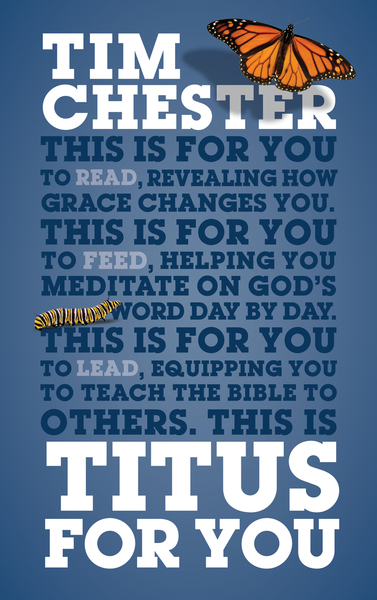
Living the good life of the gospel is always a challenge when we live in a wider culture that defines the good life in other ways. It is particularly hard in a culture where newspapers cannot be trusted and politicians are corrupt; a harsh, selfish, racist culture in which there is a fear of crime; a culture where people are reluctant to do manual work, which is therefore left to migrant workers; a culture in which people routinely overeat.
And that was the culture of first-century Crete, where Titus led the church and to whom Paul wrote: “One of Crete’s own prophets has said it: ‘Cretans are always liars, evil brutes, lazy gluttons,’” (Titus 1:12). The quote is from a Cretan philosopher, Epimenides. Epimenides was held in high honour by Cretans—so they could not readily ignore or deny his verdict. And yet, of course, this description of first-century Crete could just as easily be a description of twenty-first century western culture. How do we live as Christians in a dishonest, harsh, selfish culture? How can we survive without adopting those attitudes? How can we live the good life in this situation? These are the questions the letter of Titus addresses, and these are the questions we need help with each day as we seek to live a gospel-changed life in a society that seeks change and finds truth in many places, but so rarely in the gospel.
So Titus is all about ensuring the gospel is central to the everyday life of the church, so that the world can be reached for Christ. In this sense, its concerns are just as the same as the church’s in Acts. Titus chapter one is about keeping the gospel central—Titus is to counter false teachers by appointing gospel-centred leaders who can encourage and rebuke with the gospel. Chapter two is about ensuring the gospel is central to everyday life—everyday life is the context both in which the gospel is to be lived and in which it is to be taught. Chapter three is about ensuring the gospel is central for the sake of mission—keeping the gospel central to everyday life so that the world is reached.
The overriding passion of the first-century believers was to be church in a way that kept the gospel central for life, growth, and mission. Reading Titus in our time will inspire and equip us to make sure our lives and churches do the same.
Titus For You will enable you to do just that—to understand, enjoy and apply this little-read yet life-changing letter. If you are a Christian, Titus For You will help you to be a member of your church and community who makes a difference, every day, in unseen but eternity-changing ways. If you are in a position of leadership in your church, then Titus is a must-read, and Titus For You will prove invaluable to you in shaping your expectations, vision and prayers for your church.
Titus For You (the 4th title in the For You series) is available from tomorrow. Pre-order today.